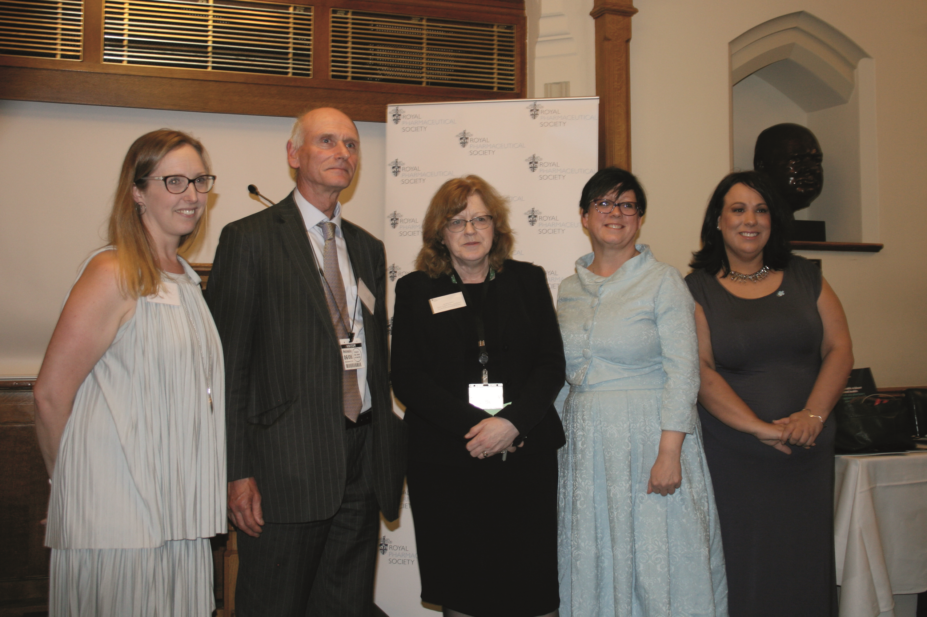
Corrinne Burns / The Pharmaceutical Journal
Pharmacists are a crucial part of the drive to achieve parity of esteem between physical and mental health problems, Jackie Doyle-Price, parliamentary under-secretary of state for mental health and inequalities has said.
The minister was speaking on 6 June 2018 at the parliamentary launch of ‘No health without mental health: How can pharmacy support people with mental health problems’, a report published by the Royal Pharmaceutical Society (RPS) on how pharmacist expertise can be maximised to support patients with mental health problems. The report follows a round table on the subject hosted by the RPS in May 2018.
Doyle-Price added that parity of esteem was a “personal priority” not just for her, but also for prime minister Theresa May, and therefore she was “delighted” that the RPS shared this goal.
“This report shows that you mean business,” she said.
The launch was hosted by Paula Sheriff, shadow minister for health and social care, who spent 13 years in the NHS and said that she was “always passionate” about pharmacists’ contribution to the health service. She said that more training for specialist mental health pharmacists is something she felt was particularly important.
Peter Pratt, head of NHS England’s mental health and learning disabilities medicines strategy, reminded the launch that the NHS’s ‘Five year forward view for mental health’ pointed to the influence that social factors, such as poor housing, can have on mental health.
“Housing, relationships, employment: health is part of a whole system,” he said. “You cannot deliver better outcomes for mental health just by pulling out one part of the system in isolation.”
Pratt also said that in his experience, many in the pharmacy profession were unaware of the link between physical and mental health: a link that should “underpin the entirety of our practice”. He was, he said, thankful that the RPS was “stepping up the table” to highlight the matter within the profession.
Sandra Gidley, chair of the RPS English pharmacy board and former co-chair of the All-Party Parliamentary Group on Mental Health, spoke of the injustice of the physical health gap observed in patients with mental health problems. “It cannot be right that patients with mental health problems often don’t have access to the expertise of a pharmacist,” she said. ”It cannot be right that despite some of our best efforts, we still don’t have parity of esteem. And it simply cannot be right that patients with mental health problems live an average of 15–20 years less that someone without.
“It is not right, and we are committed to doing something about it. The government and NHS needs to make the most of what the entire health and care workface can do to support patients with mental health care. Pharmacists, as the third largest health profession, need to be a bigger part of delivering that.”
The full round table report can be accessed on the RPS website, alongside a new policy document: ‘Utilising pharmacists to improve the care for people with mental health problems’. These two documents mark the start of the Society’s new campaign to fully integrate pharmacists into mental health care.


